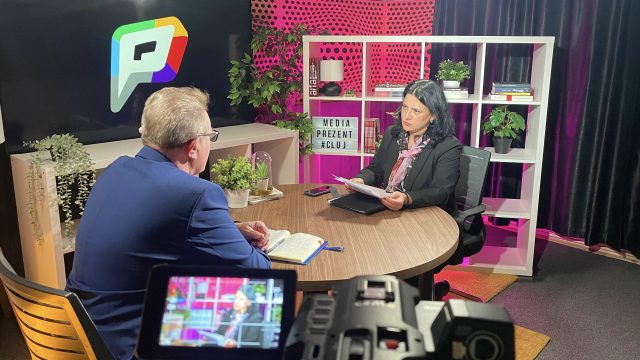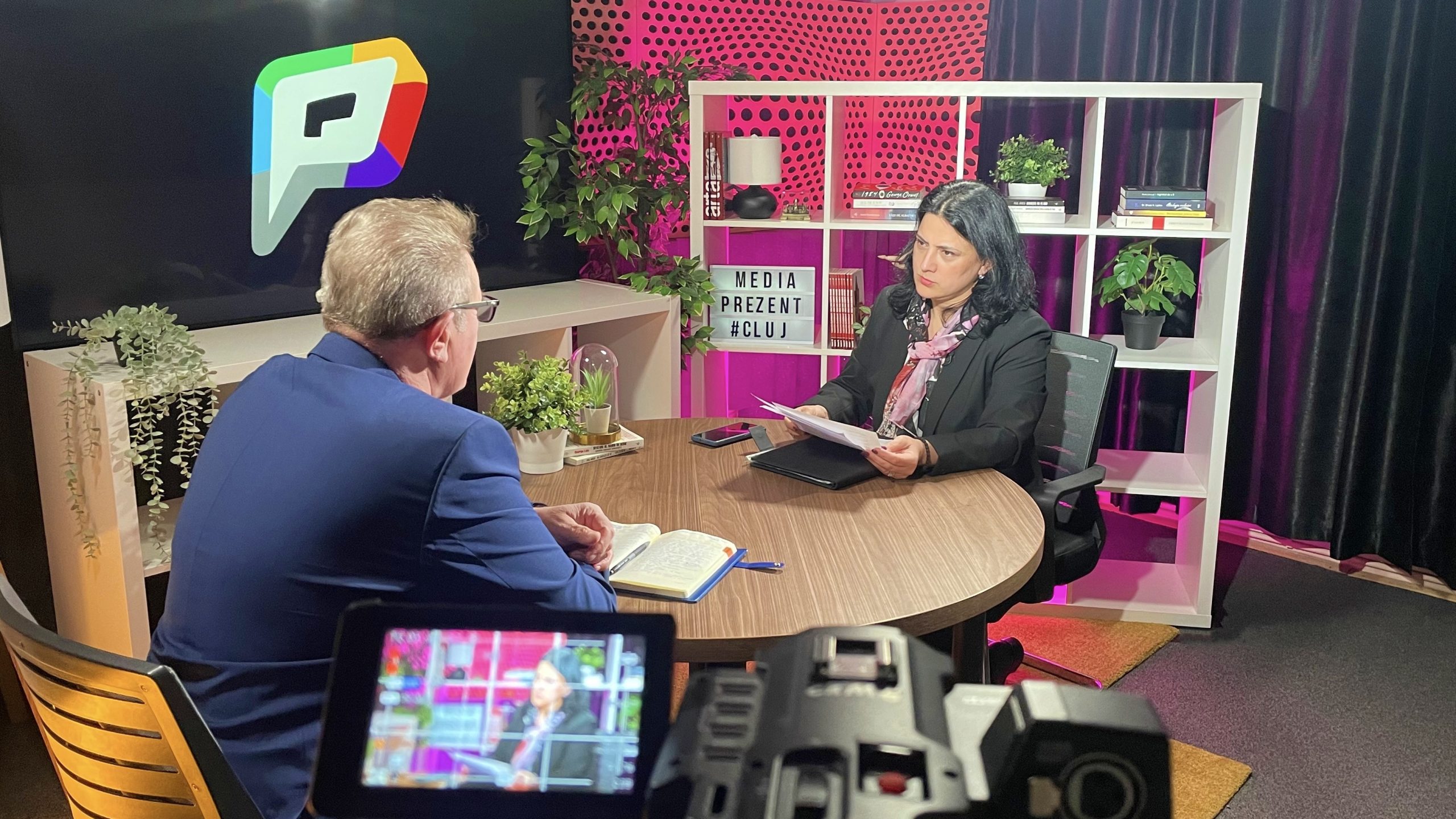

At the end of March, European Conservatives met in Split, Croatia, at the European Culture Weekend event entitled Accelerating the Conservative agenda for prosperity and freedom. As I have written in a previous article the event was honoured by the attendance of many high-profile representatives of the conservative movement. I would like however to turn your attention to a particular presence at the conference which is significant for the country I live in and write from, Romania.
A member of the European Union since 2007, Romania has struggled over the years to establish its European identity. This small country on the borders of both NATO and the EU has had, historically, its share of misfortune. For hundreds of years, it remained divided, mainly because of the hegemonic influence of its three mighty neighbours: The Ottoman Empire, The Austrian Empire (later Austria-Hungary) and of course, the Russian Empire. I will not dive any deeper into historical details, but I must mention that the Romanian people’s dream of unification came true at the end of the First World War when following the Treaty of Versailles, Transylvania became part of the Kingdom of Romania fulfilling a centuries old yearning of Romanian speakers in both territories. The celebration quickly turned into a monumental effort of developing the young nation into a thriving European state. The joy of unification was however soon extinguished by the misery of fascism that was short lived but replaced by an even bigger monster: soviet communism. It would take almost half a century before Romanians could once again rejoice in their liberty and more than a decade after that, become part of the European family by joining the European Union.
The person I was referring to at the beginning of this piece is Adela Mîrza, president of the Alternativa Dreaptă political party. For those of you who attended the conference, she is that always smiling, positive energy, strong and independent woman, who spoke at the Dealing with the “Woke” ideology panel. I have personally known her for over a decade and the first thing I can tell you about her is that whatever project she takes on, she means business. Not once have I ever seen her back down on a promise or not follow through with an objective. A few years back she became president of a small political party called Alternativa Dreaptă, a conservative political organization with a true right-wing doctrine. I must admit that at first, I was a little sceptical of her organic approach to the growth strategy in a volatile political environment such as that in Romania. I must say that this strategy seems to have worked and the party has steadily grown ever since. Although it may not have reached gigantic proportions the construction appears to be a healthy one, that has none or very little of the inner turmoil and infighting that plagues most of Romanian politics. Her party’s members are quite loyal and rarely fill the ranks of political opportunists who jump from one party to another, in the hope of getting a comfortable political appointment. The party’s doctrine, its mission, and values, are clear and accessible to all who wish to know them better whether they be party members or simple private citizens.
As stated on every occasion and on their official website Alternativa Dreaptă’s fundamental values revolve around personal, religious, economic, and political freedom, Family and Community, Transparency and Competence, Constitutional Democracy, The Rule of Law, Respect for private property, free initiative and Judeo-Christian values with respect and tolerance for all other religions and forms of worship.
Although conservative in its approach, Alternativa Dreaptă stands by the necessary reforms aimed at transforming the country into a productive member of the Union and a haven for democracy and the rule of law.
Just after her return from Split, I had the pleasure of interviewing Mrs. Mîrza. During our talk she pointed out some extremely relevant and important topics that surely occupy the minds of many Europeans. The first thing that stood out for me was her passion for the advancement of the European Union construct, which she believes must be done in a manner that preserves member state’s sovereignty, while also empowering its ability to respond to the dynamic external environment. She also pointed out with great conviction the need for respect towards tradition, culture, and family as pillars of strong communities that protect the interest of their citizens. According to her, this must be done with respect for the magnificent diversity that Europe has, emphasising that diversity is one of Europe’s most valuable assets and most precious traits as from it stems great creativity. Mrs. Mîrza is a fervent supporter of collaboration among member states, that should be done with respect for each other’s sovereignty. From this, our discussion moved on to some of the most pressing and impactful subjects of the moment. Perhaps the most talked about of these is the environment. A strong supporter of environmental protection, Adela Mîrza believes the current strategy for reaching carbon neutrality must be revised as it is not realistic from an economic point of view. Her positioning on other hot topics such as digital identity is to firmly support the individual’s right to privacy and his full control and knowledge of what happens to his or her personal data.
My interview with Mrs. Mirza went on to the subject of the “Woke” Culture and its impact on society calling it “the autoimmune disease of modern Western civilisation”. She pointed out to the oppressive nature of this cultural trend as it imposes its subjective opinion on all citizens by claiming that those who do not abide by the precepts of this phenomenon are in some way hindering other’s ability to live fulfilling lives. Mrs. Mirza pointed out several times that she is a supporter if individual liberty but does not condone actions or ideologies which blatantly go against common sense or even biology and scientific fact. She stressed the fact that such ways of approaching matters runs the risk of confusing and misguiding entire generations of young people, who are the heirs of the outstanding European culture and tradition. It is this author’s opinion that this subject is of the utmost importance and should not be treated lightly by those in power as it can have catastrophic consequences on the very future of our civilisation. At the end of my interview with her, Adela Mîrza expressed her faith that the European Union will find the best way to move forward and stated, with full confidence, that she will do all that is in her power to promote and put into practice the conservative values she embraces. I must tell the reader that I left the meeting with a sense of responsibility and optimism.
As someone who has been following Romanian politics for a long time, I can tell you that Alternativa Dreaptă is not a typical party and Mrs. Adela Mirza is not your everyday politician. What they try is difficult and will take time. It is however a much-needed breath of fresh air in a stuffy political environment and people are starting to notice. It is my hope that they will remain true to their values and work with consistency, as they have until now. Elections in Romania are only a year away and this small right wing conservative party may yet produce a pleasant surprise.



 Subscribe
Subscribe